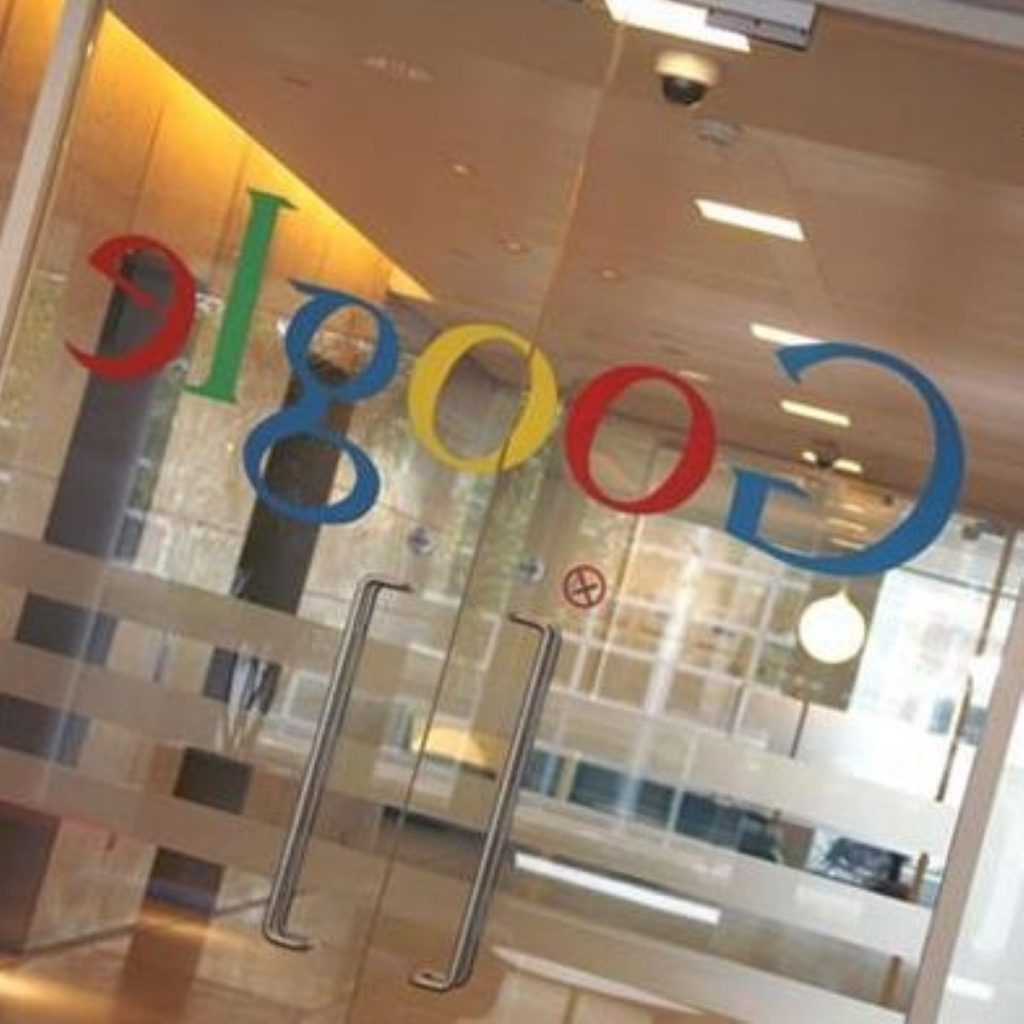Google tracking system attacked by MPs
By politics.co.uk staff
MPs have condemned a new tracking system being set up by internet giant Google.
The system, called Latitude, allows users to see where their friends or loved-ones are through their mobile phone, although they have to be given authorisation by the person in question.
But a Commons early day motion warns of security and privacy issues around the technology.


The MPs said it “could substantially endanger user privacy” despite the fact over a million people around the world have already signed up to the service.
“In Britain, we have a tradition of fighting for our freedoms. With this new system we face a more insidious threat to our liberties – 24-hour surveillance and the Big Brother state are now realities,” said Liberal Democrats home affairs spokesman Tom Brake, who tabled the motion.
“I urge MPs to support this motion and encourage the government to take action to ensure that Latitude does not represent a threat to our privacy.
“Our freedom to go about our daily business without being constantly monitored could be at stake.”
The EDM reads: “That this House expresses concern at the new Google phone tracking system called ‘Latitude’ which makes available location data on a time-to-time or continuous basis; warns that such a device could substantially endanger user privacy, agrees with Privacy International’s report which declares that ‘Latitude appears to present an immediate privacy threat’, believes that Google has created an unnecessary danger to user privacy, and urges the government to look at the privacy implications of Google ‘Latitude’ and to take action to ensure ‘Latitude’ does not represent a threat to privacy.”
There is serious concern about a professional service being offered by Google to small businesses, so they can keep track of their employees’ movements.
The Federation of Small Businesses (FSB) will be meeting with Mr Brake later to discuss the system.
Google insisted there are no privacy implications to the software because users can select who can follow them. The service is merely designed to help people keep in touch, according to the company.
The software is based on satnav chips found within cell phones and mobile masts. Then result of the scan shows up as a blue dot on Google’s website.









